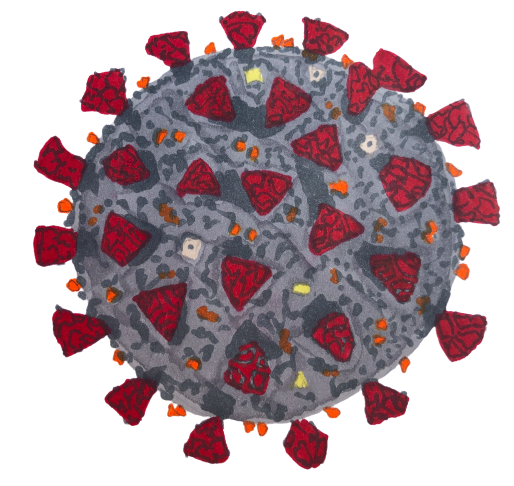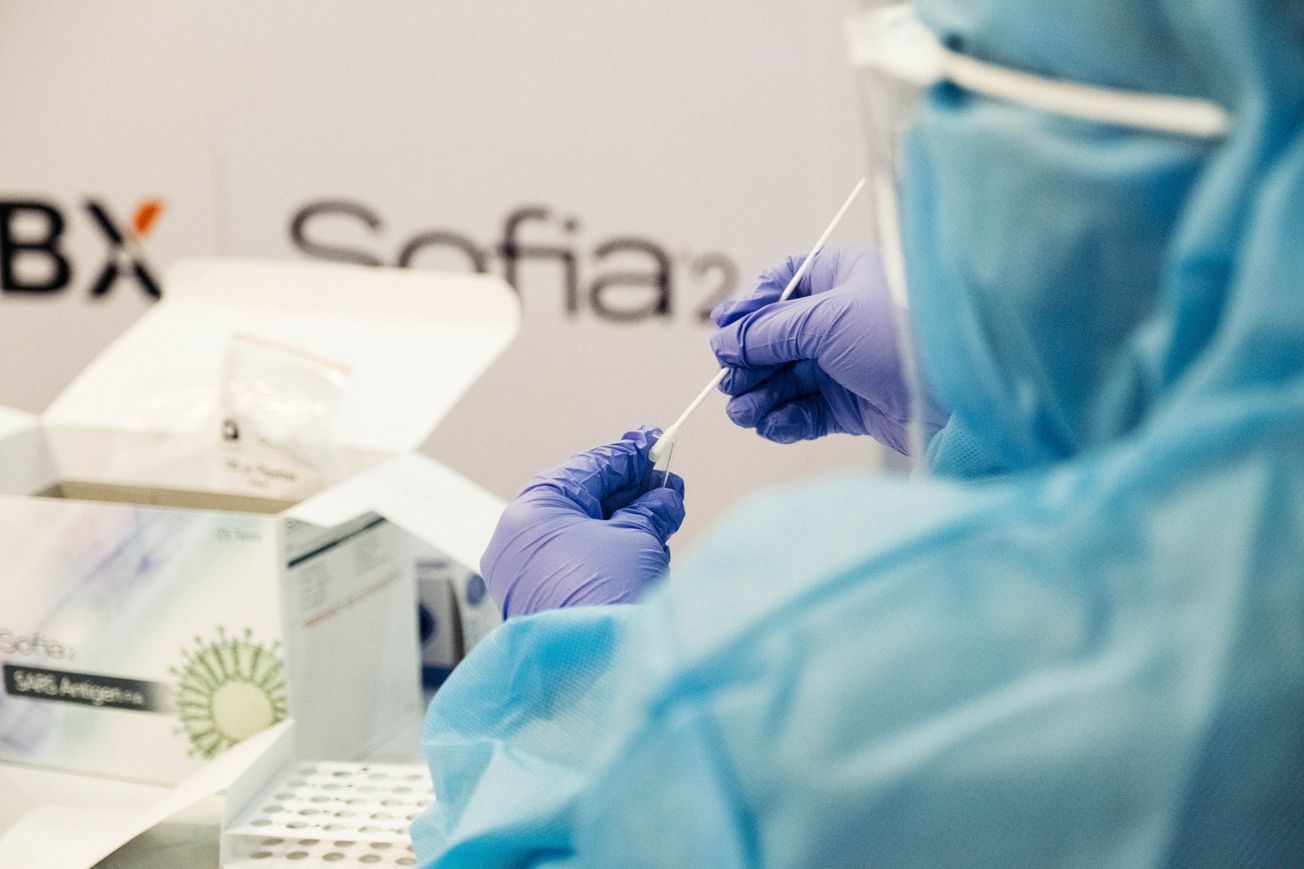By Edward Deacon, SciTech Digital Editor
The B.1.1.7 variant of COVID-19, first detected in Kent, has been found to be between 30 and 100 per cent more deadly than previous strains.
Epidemiologists from the Universities of Bristol and Exeter have found the strain has a higher mortality rate for adults diagnosed compared to other strains.
227 deaths were recorded in a sample of 54,906 patients (0.41 per cent) with the B.1.1.7 variant compared to 141 with a sample of the same number of similarly matched patients with previous strains (0.26 per cent) – 1.6 times more fatalities.

Lead author Dr Robert Challen explains that despite death from Covid being a ‘rare event, the B.1.1.7 variant raises the risk.
‘Coupled with its ability to spread rapidly this makes B.1.1.7 a threat that should be taken seriously.’
The higher transmissibility of the strain meant a greater number of people previously considered low risk were hospitalised as a result of being infected.
‘Monitoring new variants as they arise, measuring their characteristics and acting appropriately needs to be a key part of the public health response in the future.’
The B.1.1.7 variant was first detected in Kent in September 2020. Dr Leon Danon, senior author and Associate Professor in Infectious Disease Modelling from the University of Bristol, said: ‘We focussed our analysis on cases that occurred between November 2020 and January 2021, when both the old variants and the new variant were present in the UK.
‘This meant we were able to maximise the number of "matches" and reduce the impact of other biases. Subsequent analyses have confirmed our results.’
Expressing some concern about the rate at which the virus appears to be able to mutate at, Dr Danon said: ‘There is a real concern that other variants will arise with resistance to rapidly rolled out vaccines.
Bristol researchers create data monitoring system to support intensive care units in hospitals
ICU COVID-19 mortality rates are dropping, but not fast enough
‘Monitoring for new variants as they arise, measuring their characteristics and acting appropriately needs to be a key part of the public health response in the future.’
Fortunately, the mutation present in the B.1.1.7 ‘happened in part of the genome covered by routine testing’, explains Dr Ellen Brooks Pollock - Senior Lecturer in Infectious Disease Mathematical Modelling at the University – however, ‘future mutations could arise and spread unchecked.’
The B.1.1.7 variant has been detected in over 50 countries worldwide making the understanding of the variant of global importance. The recent study provides invaluable information to governments and health organisations.
Featured Image: Unsplash / JC Gellidon
Interested in reading the study? Find it here.









